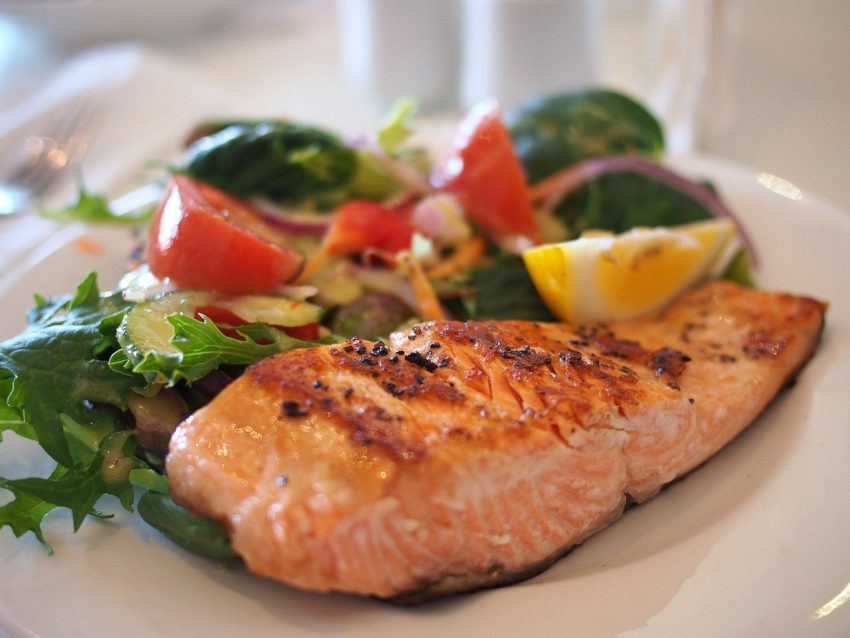Any foreign restaurant is almost always an organized learning experience about local customs. The casual diner in Europe will discover that the game’s rules are sometimes different from what they seem to be halfway across the globe. In Europe, eating out ought to be a pleasant experience rather than one that sparks a war. Here are some suggestions for eating out while traveling in Europe that can be used for meals all over the continent to help you avoid a dining faux pas.
Top Eating Tips to Note While Traveling in Europe
The only thing that comes close to being astounded by Europe’s incredible attractions is undoubtedly dining on some of the region’s best cuisine. Therefore, when eating out, there are certain things to take note of, and these include:
-
Avoid Making Customized Orders
-
Be Cautious of Restaurants That Do Not Post Prices
-
Have an Understanding of The Deal with Drinks
-
Make Your Own Research on the Tipping Practices
-
Slow Down While Eating Your Food
-
Do Not Anticipate the Bill
-
Make Use of Fork and Knife
Especially if you’re in a luxury restaurant, a rude waiter might abruptly appear if you ask for a dish to be prepared a certain way or without a certain ingredient. In many restaurants across Europe, recommendations for how to prepare the food are seen as somewhat intrusive and rude. Ask your waiter for assistance in selecting the appropriate dinner for you if you have questions about a dish or its preparation, rather than pestering the kitchen with a specific order.
The majority of travelers have come across instances where prices for tourists and residents differ. Even in Europe, this is a custom. There is frequently a menu with lower prices for locals and one with a hefty price tag for visitors. In order to know what to anticipate, it is always best to go to a restaurant where prices are readily available or to request a menu before settling down to eat.
European tourists are frequently shocked by how costly certain menu items can be, especially when buying drinks. Ireland, the United Kingdom, and a few Scandinavian nations, for instance, consistently rate as having the most expensive drinks. How come? It has to do with excise fees that some nations impose on these kinds of beverages. Going for soft drinks is also unlikely to have any positive effect. In order to deter citizens from consuming these beverages, many European nations have implemented sugar taxes, which have increased prices.
In order to plan their trips to Europe, many tourists conduct extensive studies. But frequently, tourists do not research the tipping customs in the nation they are visiting before dining out. The custom of tipping varies all over Europe. If you don’t know the basic guidelines, you might leave a large sum of money on the table when the cost of your service was already accounted for, or even worse, you might not leave a tip at all when one is customarily given. The majority of guidebooks discuss tipping practices in the region. However, before you take a cheap late-night trip to Paris or Rome, make sure you are familiar with the tipping customs there.
It’s expected that people will consume their food reasonably quickly. There are locations to visit and people to see, after all! But in European nations like Spain, France, and Italy, that is not the situation. In contrast, meals with coworkers, acquaintances, and family can take a longer period of time. Several rounds of nightcaps or coffee are frequently served with meals to keep the discussion going.
Before you even take a bite in the United States, the bill is virtually on the table. However, this hardly ever occurs in Europe. Once you reserve a table for the night, the restaurant handles you as if you will have it the entire time. In the majority of situations, there is no hurry to flip the table. Don’t just wait for the receipt if you’re in a rush. It could never arrive. If you have an urgent appointment in the next few hours, you might need to request the bill. Splitting the bill is typically frowned upon by waiters in restaurants in Europe, particularly when you hand over your foreign credit cards. When you go out to eat, it is advisable to have cash on hand.
Although eating some meals with your hands is common in other parts of the world, it is rarely acceptable in Europe. No matter what you are eating, you can anticipate that everyone around you won’t be using their hands to cut into the pie; instead, they’ll be using a fork and knife. You should remember this advice if you don’t want to be viewed as that obnoxious visitor.
Conclusion
In summary, we are sure no one wants to visit a restaurant and then end up embarrassing themselves due to their ignorance of certain basic rules. This is why we have put together these tips to make your stay much more enjoyable. Therefore, while settling down at a table to eat, make sure you make use of these tips.

